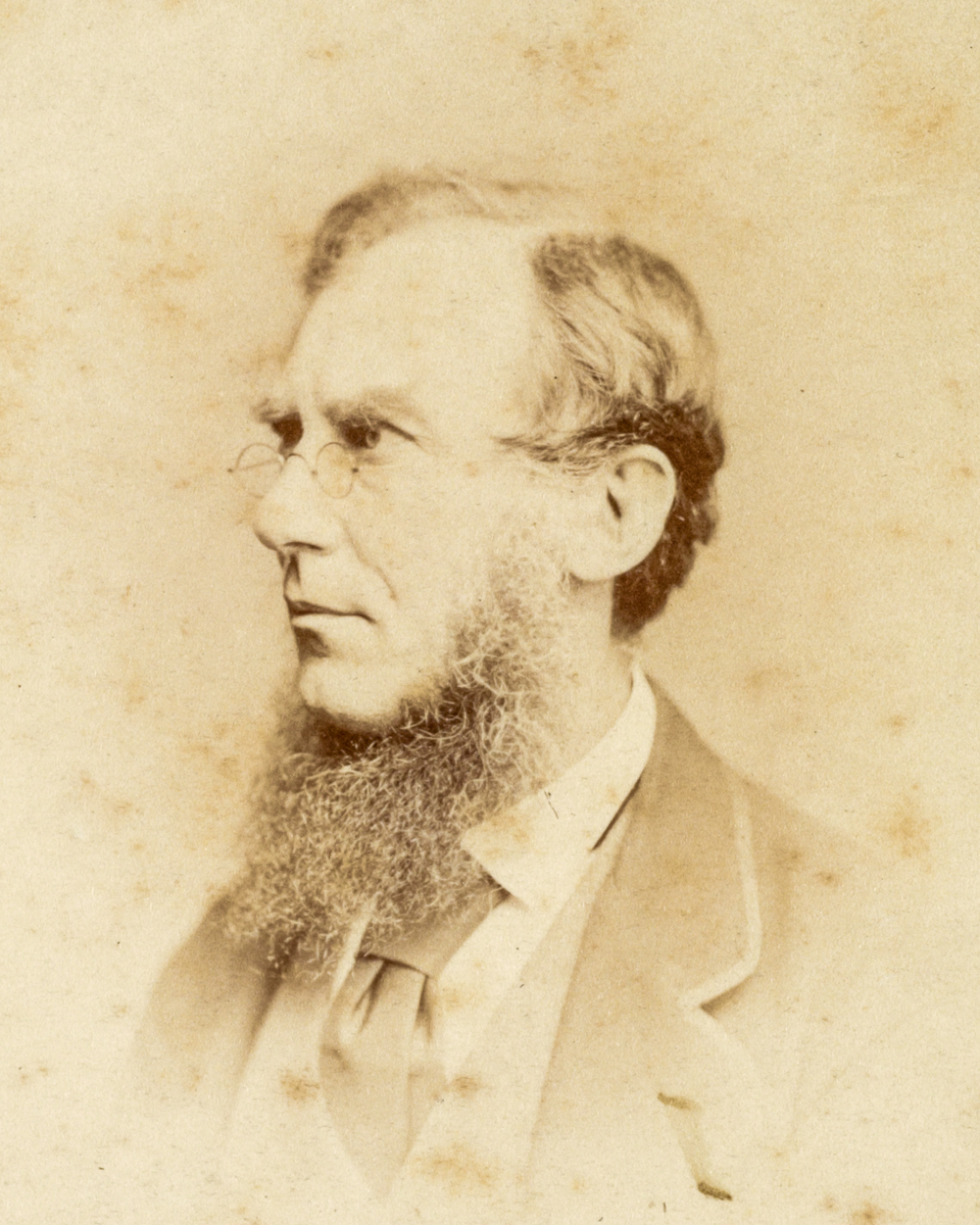Sometimes, what stands out in a Darwin letter is not what is in it, but what is left out or just implied because the recipient would have known what Darwin was referring to. It is frustrating to spend hours looking but fail to identify something mentioned or alluded to in a letter, but incredibly satisfying to succeed at what might at first have seemed a hopeless task.
One example of a footnote that required more than a little detective work and a dash of luck is found in a relatively short letter written by Darwin in June 1865 to his close friend Joseph Hooker. The letter is written in Emma Darwin's hand; it is rather chatty and slightly stream-of-consciousness, flitting from one subject to another in quick succession. Darwin mentions both his own health-very bad-and that of Hooker's wife (she had recently suffered a miscarriage). He mentions his daughter Henrietta's interest in a 'controversy' discussed in a letter from their mutual friend Thomas Huxley, and his surprise at Charles Kingsley's interest in his long paper on 'Climbing plants'.
Darwin also writes, 'We have read your Indian novel & I liked it very much. We want to read a Hist of the Indian mutiny. Can you recommend one?' The mutiny, or Sepoy war, was an unsuccessful rebellion against British rule in India, that took place between 1857 and 1859. But what novel had Darwin been reading, or more accurately, having read aloud to him because the dizziness that accompanied his illness made looking at print unbearable.
The first step was to look at the letter from Hooker to which this letter was a reply (From J. D. Hooker, [15 June 1865]), but there was no mention of any novel. However, there were a few almost illegible scribbles by Darwin at the bottom of the page-notes to remind himself things he wanted to mention in his reply. The last of these, 'How to | Histry of Indian Mutiny', made it clear that he would ask about the Indian mutiny, but the 'How to' made little sense.
Luckily, working in one of the greatest British libraries has many advantages. One of the librarians in the palatial Reading Room of Cambridge University Library steered us to a reference work listing all the British novels about India, by topic, up to around 1970. Sure enough, one of the categories was the Indian mutiny. At least three novels had been written around 1865. Suddenly, 'How to' made sense: How to manage it by the delightfully named Iltudus Pritchard, written in 1864, had received a favourable review in the Athenæum in January 1865. It had all the criteria for a novel Darwin would have liked: a pretty heroine and a happy ending; from an editorial point of view, we had also figured out 'how to manage it'.
Shelley Innes



